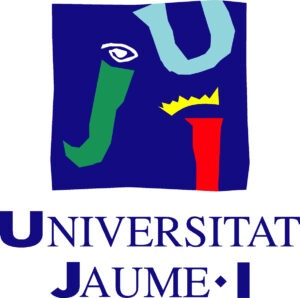THIS WEBSITE USES COOKIES
We use cookies to personalise content, to provide social media features, and to analyse our traffic. By choosing 'allow all cookies', you consent to our cookies.
To find out more, read our privacy policy and cookie policy.
DC6 – Development of a modular optical system for multiphoton microscopy with light structured illumination and computational adaptive compressive strategies
Heberley completed his master’s in Engineering Physics at the National University of Colombia – Sede Medellin, where he also earned a bachelor’s degree in engineering physics prior to joining the CONcISE project. His master’s research project, titled “Design of a digital lenses holographic microscope certifiable as open-source hardware”, supervised by Prof Jorge Iván García Sucerquia, immersed him in the fields of microscopy and coherent imaging techniques.
His master’s experience sparked a special interest in microscopy, holography, QPI, and structured illumination techniques. It also brought him closer to exciting research paradigms, such as open-science research and open-hardware designs. Now, as a part of the SMART2PM team, he expects to keep learning about microscopy and new non-conventional imaging techniques in this fascinating research project.
“Becoming an MSCA doctoral student marks a pivotal moment in my life, and I am deeply passionate about embarking on this transformative journey. The prospect of acquiring expertise in modern and unconventional imaging techniques, coupled with the chance to engage in diverse academic and industrial settings, presents a once-in-a-lifetime opportunity that I am eager to fully embrace” – Heberley Maya (DC6)
Heberley’s PhD programme aims to develop a modular optical system designed for multiphoton microscopy, which incorporates structured illumination and computational adaptive compressive strategies to enhance imaging capabilities. A significant focus is on integrating adaptive optics techniques in the illumination stage of the optical system, in collaboration with DC8. Additionally, the programme plans to incorporate machine learning approaches for data analysis and adaptive measurements, in partnership with DC7 and DC9. The ultimate goal is to apply this innovative system to the imaging of biological tissues, utilising phantoms in conjunction with DC7, to push the boundaries of current microscopy technology. Heberley is carrying out his research University Jaume I (UJI) in Spain. Four secondments are planned throughout his employment.

Host: UJI
Supervisor: Dr Jesús Lancis

Host name: ViALUX
Supervisor: Dr Jens Kümmel

Host name: CNR
Supervisor: Dr Stefano Bonora

Host name: CWI
Supervisor: Dr Felix Lucka

Host name: FYLA
Supervisor: Dr Pere Pérez-Milan